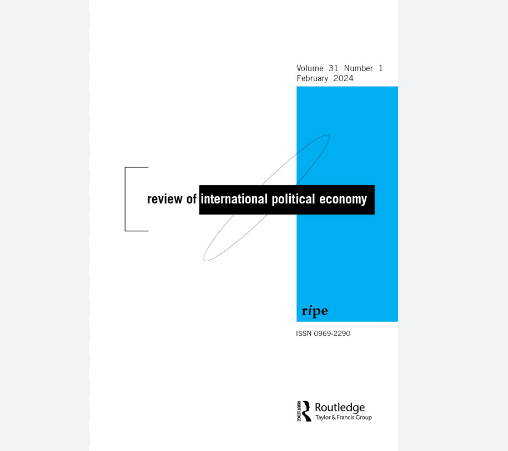The non-ratification of bilateral investment treaties in Brazil: a story of conflict in a land of cooperation
This article examines Brazil's unique experience with bilateral investment treaties (BITs) – the country signed fourteen of them in the 90's, but none was ever enacted. The case is puzzling for a number of reasons; first, the Brazilian political system is notorious for its concentration of power in the executive branch, and BITs were an initiative of the executive. Moreover, the executive has been particularly successful at enacting international treaties in the country; 98 percent of those signed between 1988 and 2006 were ratified, half of them within eighteen months. Finally, the Brazilian Congress approved various investor-friendly policies that required even higher voting thresholds in the same period that BITs were being negotiated. We use primary legislative data and interviews with policymakers and bureaucrats to argue that concentrated but strong ideological opposition in Congress certainly contributed to the difficulties of BIT enactment, but an unresolved executive – which addressed most investor's demands through alternative channels – was the main factor in explaining non-ratification. Ultimately, our findings imply that the literature on BIT needs to open the black box of the executive in order to better understand the determinants of treaties' enactment.
CAMPELLO, DANIELA; LEMOS, LEANY. The non-ratification of bilateral investment treaties in Brazil: a story of conflict in a land of cooperation. Review of International Political Economy (Print), v. 22, p. 1-32, 2015.


